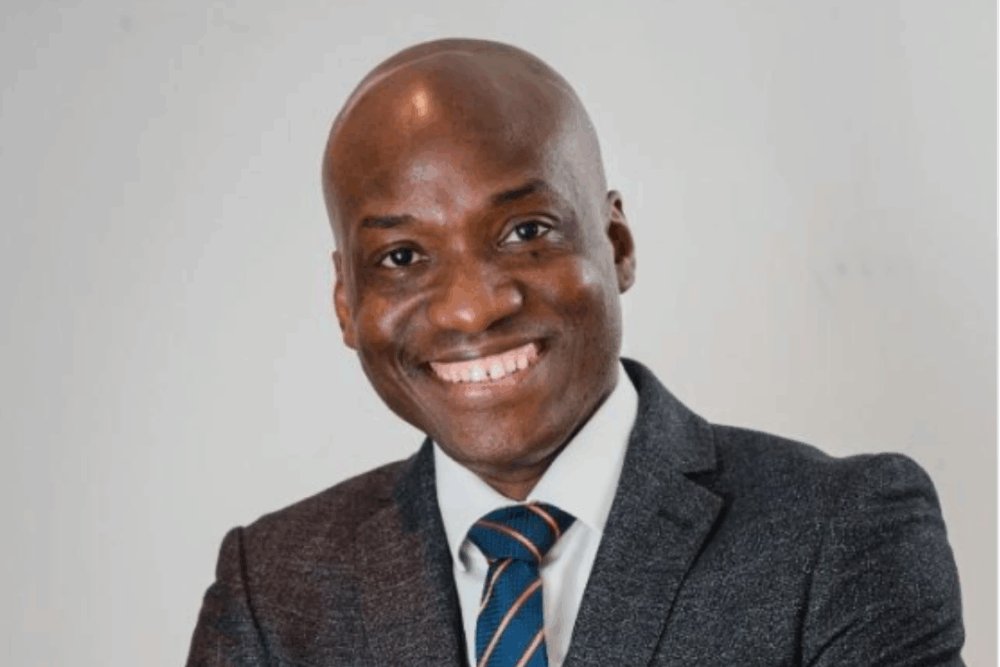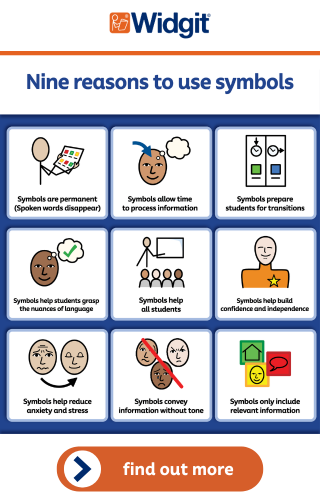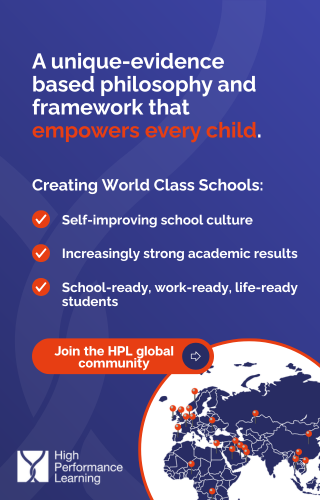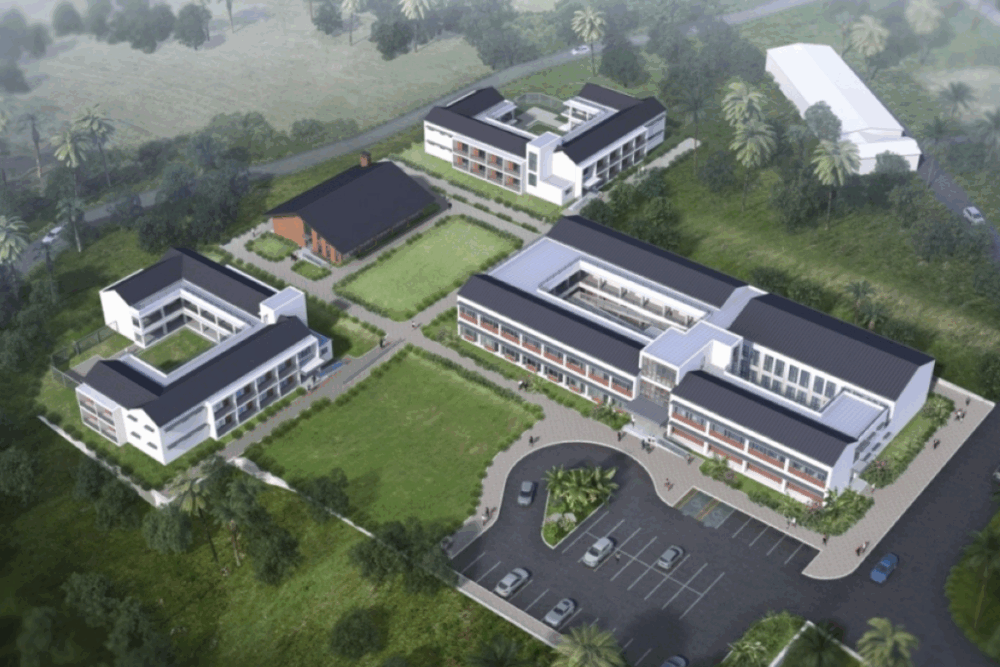In conversations about Africa’s future, education is rightly celebrated as the most powerful lever for change. Yet, despite decades of government policies and the tireless work of NGOs, grassroots education outcomes in many communities remain stubbornly low. The question we must ask is not whether education matters [as we know it does] but why families at the margins continue to deprioritise it for their children.
The uncomfortable truth is that education often loses the battle against hunger, shelter, and survival. Parents who cannot meet the most basic physiological needs, [food, water, safety] are unlikely to make sustained investments in schooling. Here, Maslow’s hierarchy of needs offers us a sobering lens: until the foundational layer of survival is secured, expecting communities to focus on long-term aspirations like education is a misalignment of priorities.
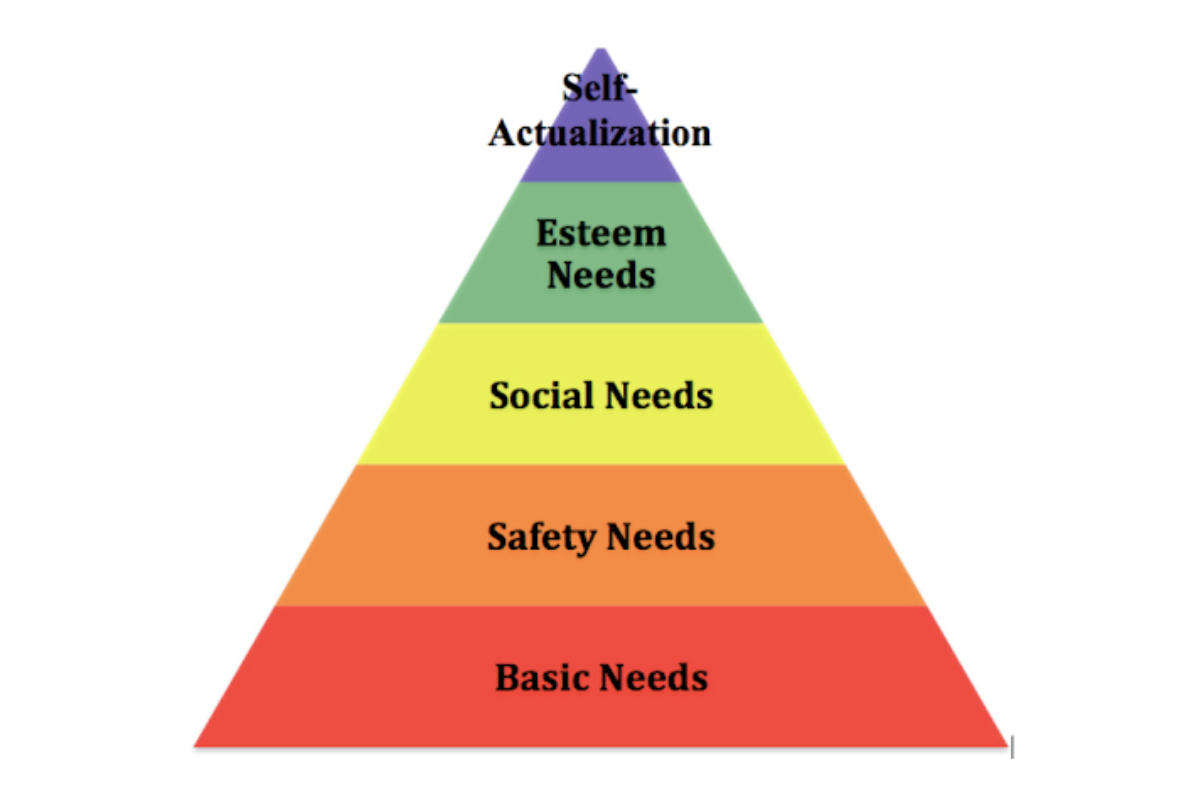
When Daily Bread Overshadows Schoolbooks
Consider the mother in a Lagos informal settlement who spends her mornings queuing for water and her evenings trading in the open market just to keep her family fed. For her, the opportunity cost of sending a child to school is not theoretical, it is the loss of an extra hand that could contribute to family survival. In rural villages, children often walk miles not to classrooms but to fetch firewood or work on family farms.
This is not neglect; it is necessity. Education competes with survival, and survival usually wins. Government programs offering free schooling, and NGO initiatives providing uniforms or supplies, are meaningful but insufficient. They operate at the higher layers of Maslow’s hierarchy without securing the first.
Why Attempts Fall Short
Despite strong political will and philanthropic commitment, three systemic barriers persist:
Poverty as the Root Cause
When circa 40% of Africa’s population lives below the poverty line, education cannot be insulated from economic reality. Families in survival mode will continue to treat schooling as optional.
Infrastructure Gaps
Many communities lack roads, safe transport, or basic sanitation in schools. Even if fees are waived, the hidden costs of access remain insurmountable.
Cultural Trade-offs
In contexts where survival is fragile, cultural norms often reinforce the immediate over the long-term. Marriage for girls, labour for boys, these become rational economic decisions when the household’s foundation is unstable.
Towards Foundational Solutions
If we want to transform grassroots education, we must first rethink our starting point. Education policy in Africa cannot be isolated from social protection. Feeding programs, conditional cash transfers, and community cooperatives that stabilise household income are not peripheral, they are central to the education agenda. When the first layer of Maslow is addressed, the mental and economic bandwidth for families to prioritise schooling begins to emerge.
This is why a foundational solution requires integration, not siloed interventions. Education ministries must collaborate with agriculture, health, and social welfare. Philanthropy must invest as much in food security and micro-enterprise as in textbooks and classrooms.
The Role of EduAfrica
At EduAfrica, we are deeply conscious of this reality. Our mission to unite, elevate, and amplify education across the continent begins with listening to the lived experiences of communities. We understand that amplifying education cannot mean ignoring hunger, safety, and stability.
By elevating these challenges through authentic storytelling, research, and advocacy, EduAfrica seeks to reposition the debate: education is not just a policy target, it is the summit of a pyramid built on basic human dignity. As a board, our role is to bring this nuanced understanding into the global conversation, ensuring that the voices of families on the ground shape the strategies that claim to serve them.
A Call to Action
If Africa is to unlock its vast human potential, we must resist the temptation of quick fixes. Providing schoolbooks without addressing empty stomachs will not create the transformation we seek. Thought leaders, policymakers, and philanthropists must adopt a holistic framework that begins where Maslow begins: securing the basics.
Only then will education cease to be a luxury for the poor and become what it truly is; a right, a tool of empowerment, and the cornerstone of Africa’s future.

